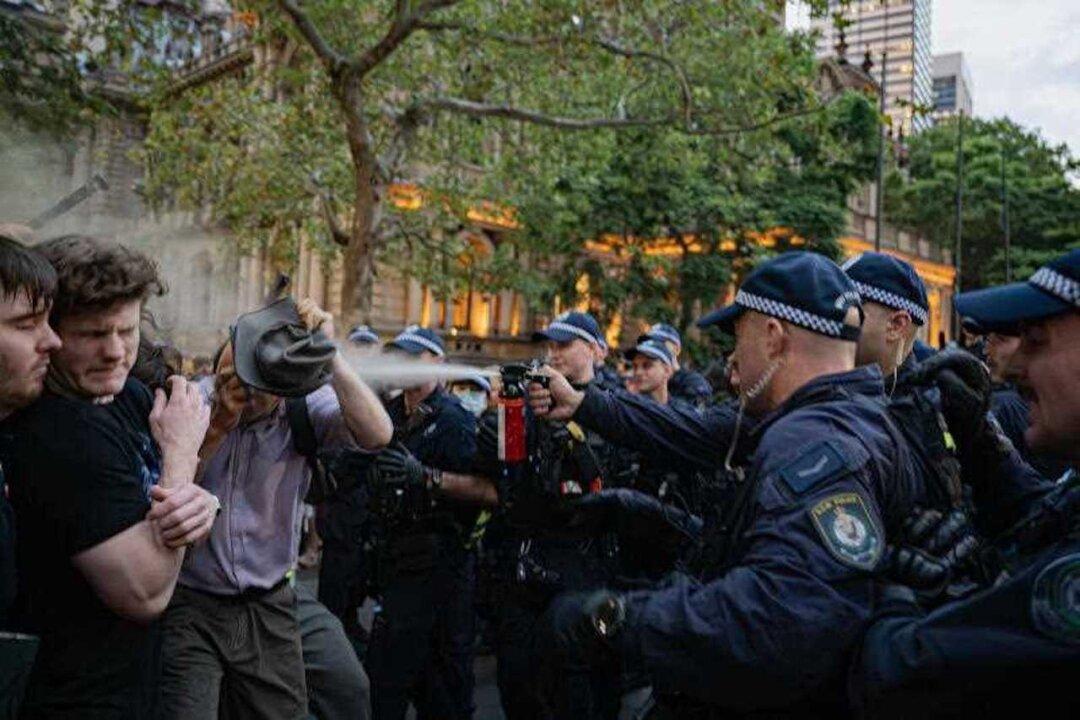Australian businesses have been warned to expect power bill pain on the path to net zero as industry and energy leaders call for policy continuity.
Hundreds gathered in Melbourne on March 8 for an event hosted by the Victorian Chamber of Commerce and Industry to discuss the nation’s journey to reach net-zero emissions by 2050.





